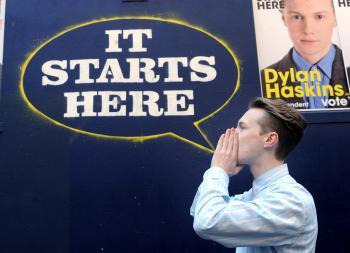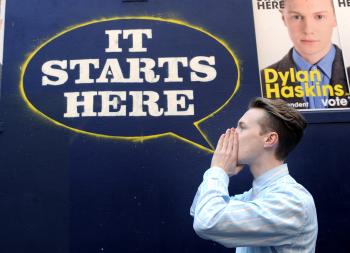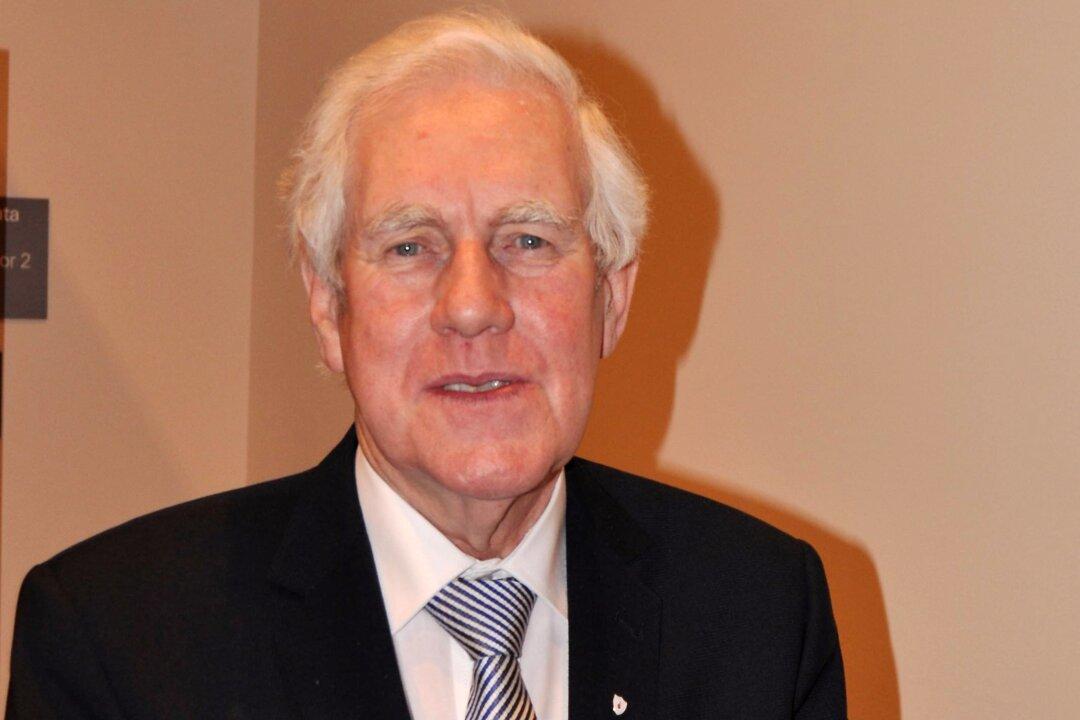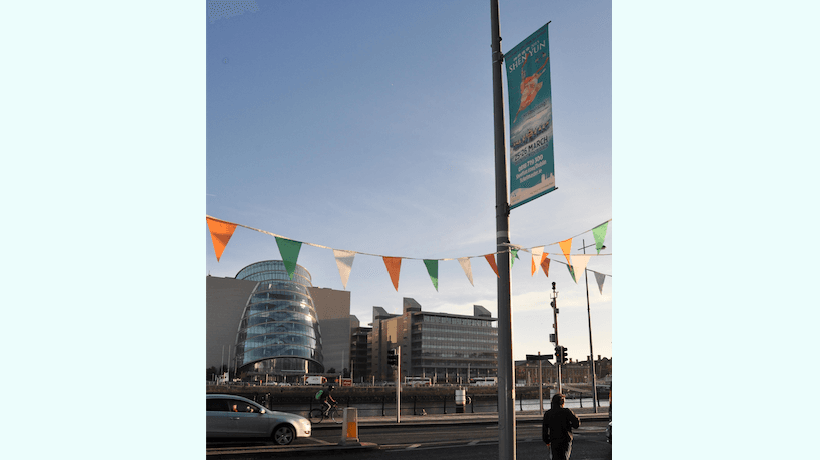Interview with Dylan Haskins
There is a saying “you can’t put an old head on young shoulders,” after speaking with Independent candidate for Dublin South East, Mr Dylan Haskins this week, I think he may prove that proverb wrong.
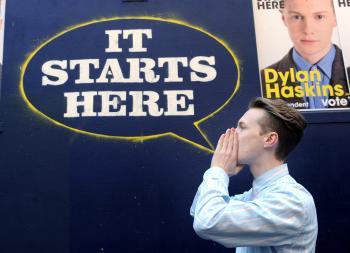
Independent candidate for Dublin South East, Dylan Heskin Dylan Haskins
|Updated:
